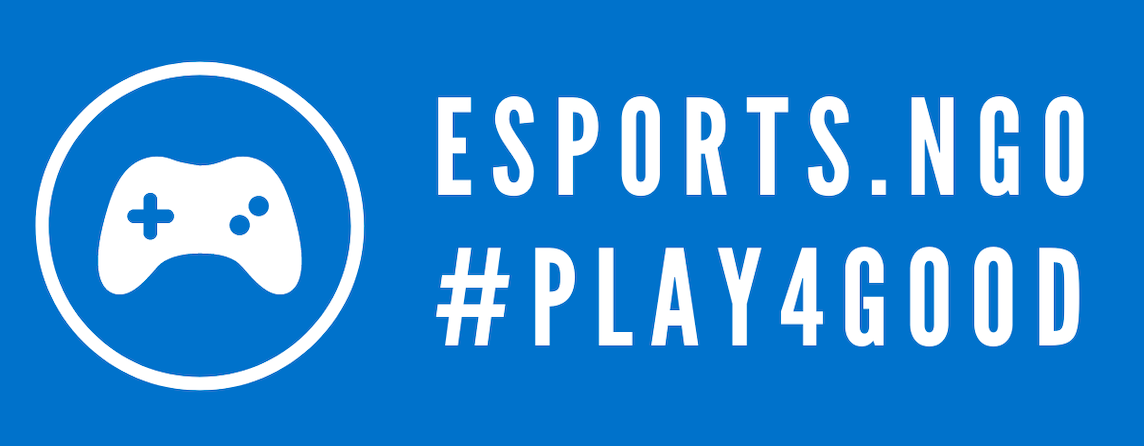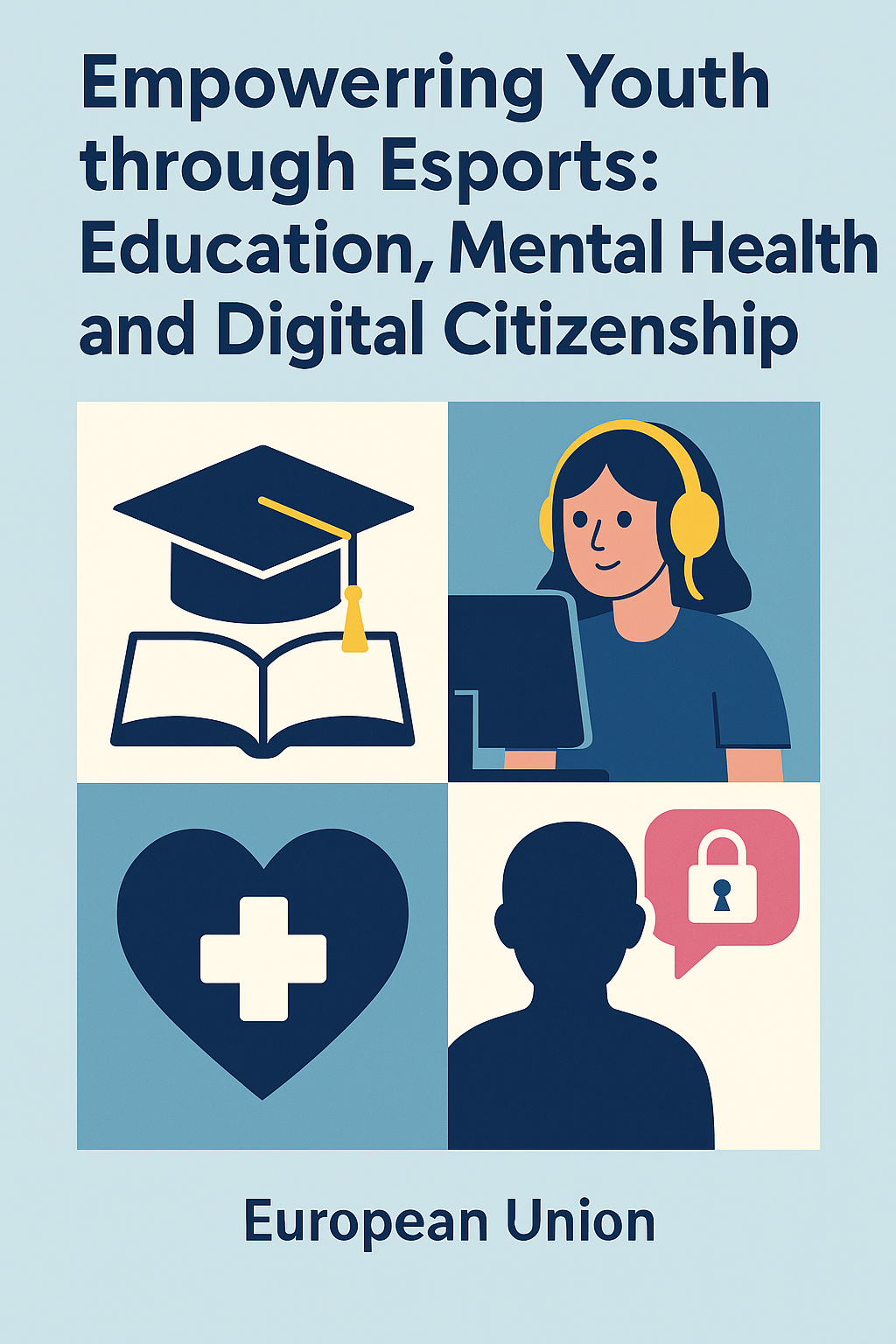Civil Society Cooperation in the field of Education and Training (2026-2027)
1. Potential Topic of the Project: "Empowering Youth through Esports: Education, Mental Health, and Digital Citizenship"
2. Region:
All EU Member States and third countries associated with the Erasmus+ Programme (e.g. EEA countries, Western Balkans, Georgia, Ukraine).
3. Type of Financing:
Operating Grant under a 2-year Framework Partnership Agreement (2026–2027). This is a core support grant, not tied to project deliverables, allowing civil society organisations to sustain their ongoing educational missions and policy input.
4. What Type of Organisation Can Fit:
5. Potential Idea (examples linked to concrete directions):
6. Approximate Budget per Project:
Max funding per framework partnership = €125,000/year per organisation
→ €250,000 total across the 2-year agreement (2026–2027)
Note: This is core funding, so it covers staff, policy work, advocacy, partnerships, communication, and running costs — not just project implementation.
2. Region:
All EU Member States and third countries associated with the Erasmus+ Programme (e.g. EEA countries, Western Balkans, Georgia, Ukraine).
3. Type of Financing:
Operating Grant under a 2-year Framework Partnership Agreement (2026–2027). This is a core support grant, not tied to project deliverables, allowing civil society organisations to sustain their ongoing educational missions and policy input.
4. What Type of Organisation Can Fit:
- National or European Esports Federations
- Non-Governmental Organisations (NGOs) working in youth, education, digital rights, or mental health
- Associations or networks representing educational actors at EU level
- Foundations or civil society platforms with a policy or innovation agenda in education
- Must be legally based in an EU country or associated third country
5. Potential Idea (examples linked to concrete directions):
- Educational Use of Esports in Formal and Non-formal Settings
- → Develop learning modules and teacher training toolkits for schools using esports as an entry point to teach STEM, English, and 21st-century skills (e.g. teamwork, problem-solving, media literacy).
- → Partner example: National esports federations + teacher associations + school networks.
- Mental Health in Esports: Preventive Tools and Awareness Campaigns
- → Co-design campaigns with psychologists and gamers to raise awareness around gaming-related stress, burnout, or addiction risks.
- → Build digital wellbeing toolkits for young players, parents, and coaches.
- → Partner example: NGOs in mental health + esports academies + youth platforms.
- Combatting Misinformation through Gaming Influencers
- → Create youth-led content and influencer training programs that teach how to identify and stop the spread of misinformation in gaming environments (Twitch, Discord, TikTok).
- → Partner example: Content creators + NGOs in media literacy + esports federations.
- Promoting Gender Balance in Competitive Gaming
- → Launch mentoring programs for girls in gaming; implement equity audits in national esports ecosystems.
- → Create a European observatory on gender in esports and education.
- → Partner example: Women in Tech orgs + national esports leagues + universities.
- Gamified Cybersecurity Education for Young People
- → Develop a gamified platform or mobile app that teaches cybersecurity basics in the style of an esport (e.g. leaderboard competitions, scenario-based missions).
- → Train esports coaches and team managers to become cybersecurity ambassadors.
- → Partner example: Cybersecurity firms + game dev studios + youth NGOs.
6. Approximate Budget per Project:
Max funding per framework partnership = €125,000/year per organisation
→ €250,000 total across the 2-year agreement (2026–2027)
Note: This is core funding, so it covers staff, policy work, advocacy, partnerships, communication, and running costs — not just project implementation.

